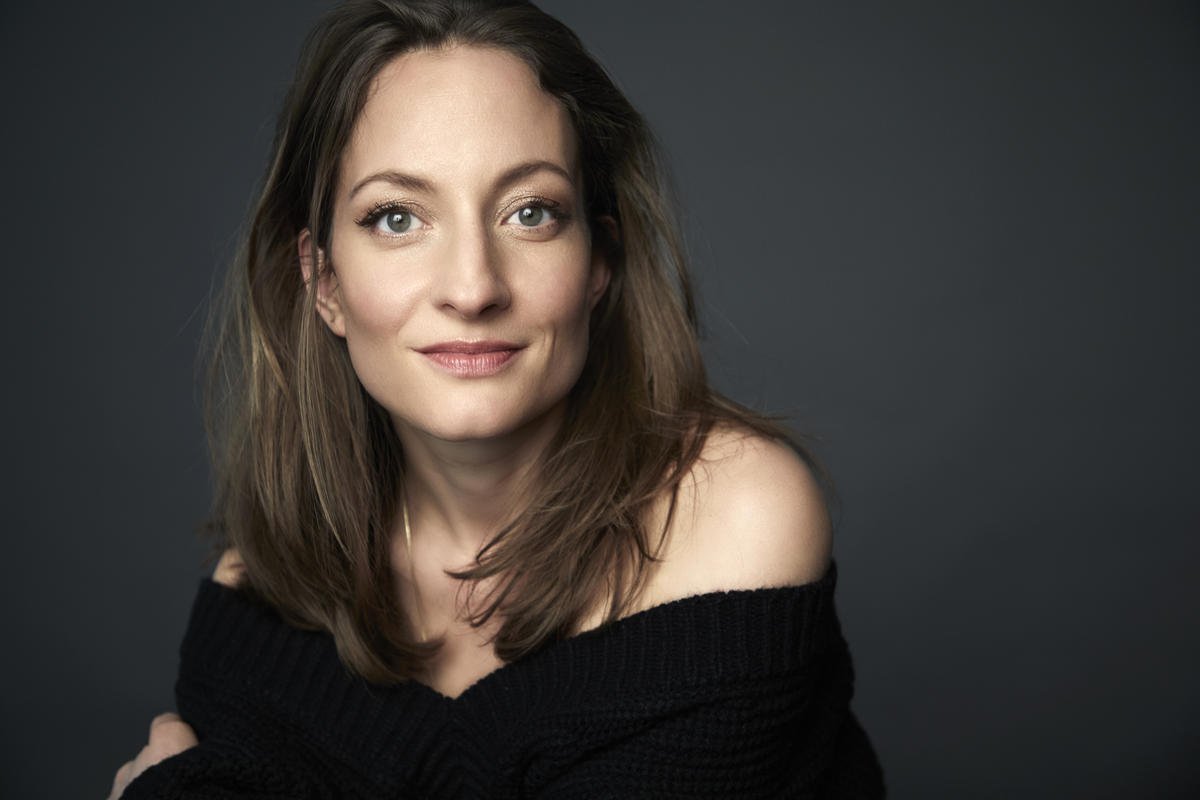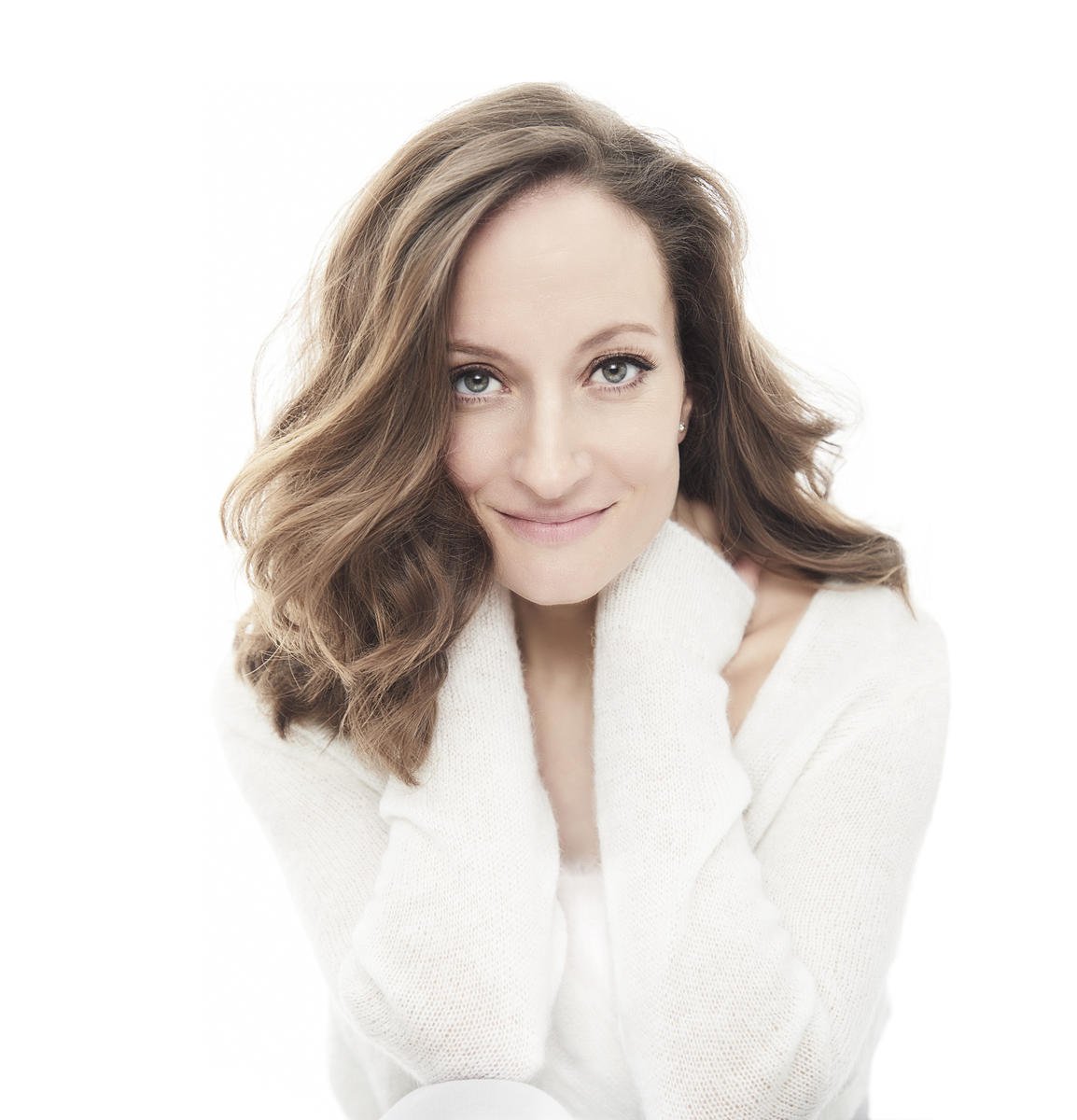Christiane Karg is one of the most sought-after sopranos on the international opera stage today. Her versatility is proven by numerous memorable roles that have earned her widespread acclaim. This isn’t her first collaboration with Iván Fischer and the Budapest Festival Orchestra – this will be her second time performing the soprano part in Mahler’s Symphony No. 2 with the ensemble.

Júlia Váradi : As far as I know, for a long time Mozart and Schubert were at the core of your repertoire, and you only turned to Mahler’s music later in your career. Why was that?
Christiane Karg: I don’t believe a young singer can start their repertoire with Mahler. These songs are incredibly complex, and their texts speak much more to adult experience. Of course, there are Mahler songs that can be performed by a younger voice – for instance, some of the Des Knaben Wunderhorn songs can be very appealing to younger singers. But overall, Mahler’s world only becomes truly accessible to singers later in life.
I started singing Mozart at the age of twelve – in fact, I already knew at five years old that I wanted to become an opera singer. That was something deeply embedded in my childhood.
I first encountered Mahler during my studies when I performed Rheinlegendchen from Des Knaben Wunderhorn, and I enjoyed it very much. Then came the Symphony No. 4, which, as I mentioned, is partially written for a childlike voice. Still, the underlying content and the full orchestral sound make it a significant challenge for a young singer. That was my first true encounter with Mahler.
J. V.: When did you first perform Mahler’s Symphony No. 2, which is known to be an extremely demanding and complex work?
Ch. K.: I first sang Mahler’s Symphony No. 2 in 2016, in Essen, with the Mahler Chamber Orchestra conducted by Daniel Harding. Bernarda Fink performed the mezzo-soprano part. But the 2018 concert in Budapest also stands out in my memory – it was conducted by Iván Fischer, and my partner on stage was Elisabeth Kulman. That was the first time I performed Mahler with the Budapest Festival Orchestra.
I still sing the Symphony No. 4 quite often, but lately I’ve been thinking it may be time to slowly say goodbye to it. I’m no longer that young, and in some ways, this piece calls for a youthful presence.
There’s another reason I came to Mahler’s music later: he didn’t write operas. And young singers need operatic arias – pieces they can perform with ease and joy, and that allow them to grow. That’s why many of us only arrive at Mahler later, in a more mature phase of our lives.

J. V.: What impression did you have of Iván Fischer’s connection to Mahler’s music when you first worked with the Budapest Festival Orchestra?
Ch. K.: I immediately sensed that Iván makes music from within. When he conducts Mahler, he simply lets the music take over. That allows the work to reach listeners – and the musicians – in a very deep, emotional way.
The enthusiasm that flows from him gradually intensifies throughout the performance. Anyone who hears it, or plays it, finds it almost impossible to resist. His love of music transcends technical perfection.
What I learned from him is that, even though we are all trained, experienced professionals, when we make music with him, we somehow rise above that. We enter a different realm, where we sing and play from the heart.
J. V.: How and when did you first meet Iván? What led to the decision to perform Mahler’s Second Symphony together?
Ch. K.: I remember being enthusiastic about him right from the start. Why he chose me, I don’t know exactly – I assume he listens to advice, but in the end, he always relies on his own ear and judgment.
I liked him from the very first moment. I don’t know what he saw or heard in me, but he invited me back several times, and to me, that signaled trust. He trusts me, I trust him – and on stage, that’s everything.
J. V.: You were born in a small town in Bavaria, later travelled the world as a celebrated singer, and lived in several major cities. But recently, you returned to your hometown, where you now live again. What brought you back?
Ch. K.: I live just across the street from my parents’ house, and when I look out the window, I see a beautiful old monastery church. I grew up in that monastery – my grandfather bought the building when I was a child, after it had long fallen out of use.
It’s still a stunning place. I love living here. Everything is quiet, peaceful, and it’s all very close to my heart. Our children and my husband – who is also a musician – adore this house and the surroundings. We are truly happy here.
Interview by Júlia Váradi
